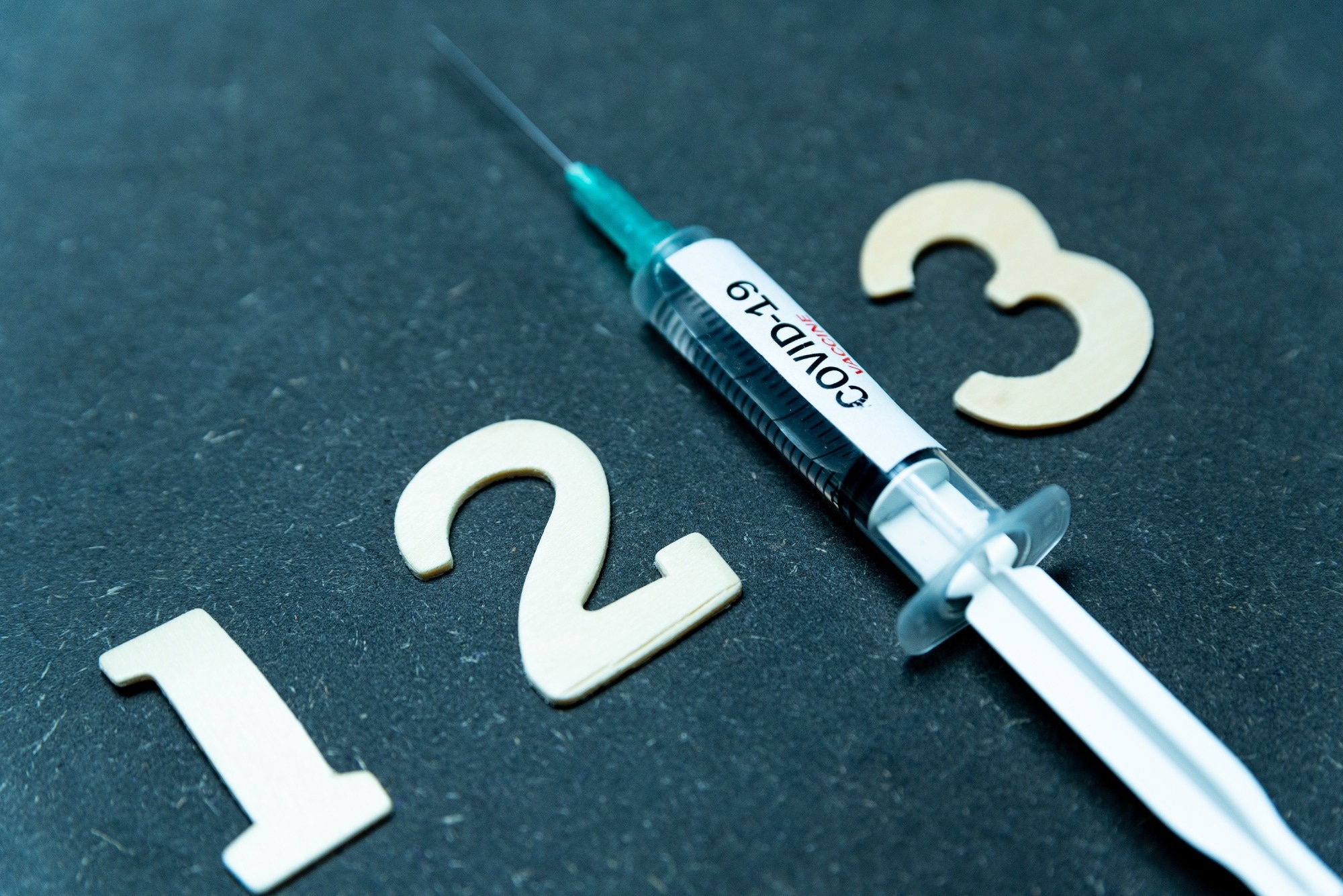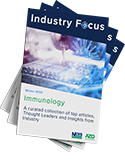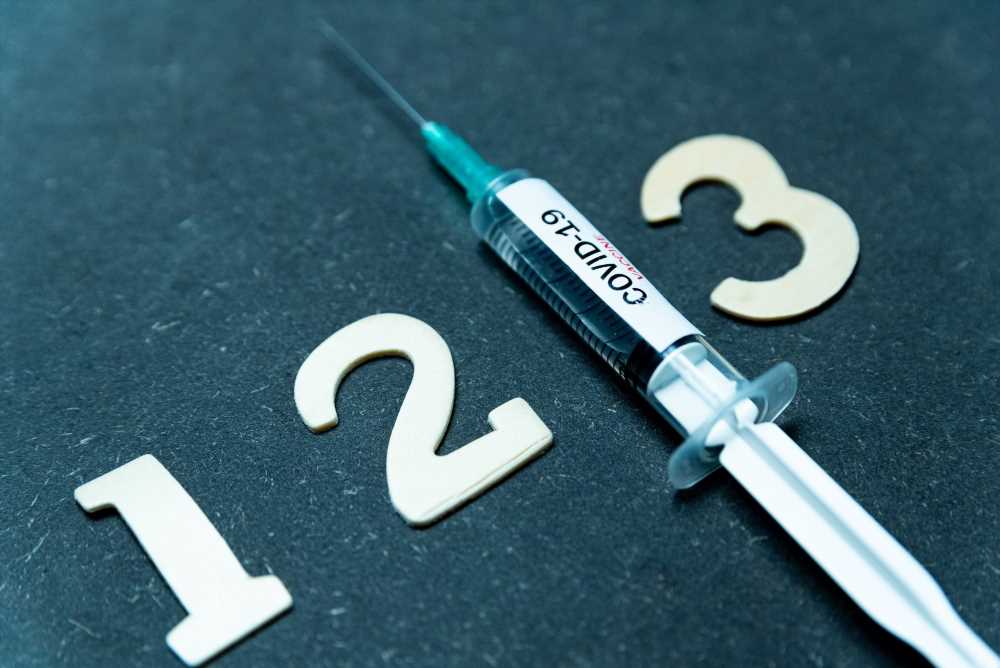A recent study posted to medRxiv* assessed the effectiveness of primary and booster vaccination against severe acute respiratory syndrome coronavirus 2 (SARS-CoV-2) in the Netherlands.
Coronavirus disease 2019 (COVID-19) vaccination commenced in the Netherlands on January 6, 2021, and four vaccines (BNT162b2, mRNA-1273, ChAdOx1, and Ad26.COV2.S) were approved for use by April 2021. Booster vaccination began in November 2021, prioritizing healthcare workers and older adults. In March 2022, a second booster dose was offered to older adults, but the uptake was relatively low.
The vaccine study COVID-19 (VASCO) is a prospective cohort study initiated during the SARS-CoV-2 vaccine roll-out, which enabled vaccine effectiveness (VE) analysis regardless of available registration data. An online questionnaire is used to collect regular data on demographics, vaccinations, and tests among Dutch adults for five years.
 Study: Vaccine effectiveness of primary and booster COVID-19 vaccinations against SARS-CoV-2 infection in the Netherlands from 12 July 2021 to 6 June 2022: a prospective cohort study. Image Credit: Davide Bonaldo / Shutterstock
Study: Vaccine effectiveness of primary and booster COVID-19 vaccinations against SARS-CoV-2 infection in the Netherlands from 12 July 2021 to 6 June 2022: a prospective cohort study. Image Credit: Davide Bonaldo / Shutterstock
About the study
The present study examined the VE of primary and booster vaccine series against SARS-CoV-2 infection during the Delta and Omicron predominance. More than 45,000 community-dwelling Dutch adults aged 18-85 were enrolled in VASCO and asked to complete monthly and quarterly questionnaires in the first year and the next four years, respectively.
Questionnaires collected information on health status, sociodemographic factors, COVID-19 tests, symptoms, vaccination, and testing intention. The participants were asked to collect blood samples at home at multiple time points, and the samples were tested for anti-SARS-CoV-2 antibodies. Self-reported vaccination data were linked to COVID-19 vaccination information and monitoring system (CIMS) data.
CIMS data were the primary source, except when participants denied consent for CIMS registration or linking. The primary endpoint of the study was self-reported positive COVID-19 tests. Positive tests from July 12 to December 19, 2021, and January 10, to June 6, 2022, were considered Delta and Omicron (BA.1/BA.2) infections, respectively.
Individuals who tested COVID-19-positive or had serologic evidence of anti-nucleocapsid antibodies before the commencement of follow-up were excluded. Four risk groups were defined by age group and medical risk condition. VE estimates were computed using Cox proportional hazards models. Analyses were adjusted for age group, sex, education, and medical risk condition.
Findings
Immunology eBook

Overall, 36,816 individuals were identified for analyses after exclusions. Most were female (62%) and highly educated (57%). More than 12,000 individuals were enrolled at the start of the study; of these, 98% completed primary vaccination for COVID-19. The cohort comprised over 27,600 active participants when the Omicron period commenced. Among these, 84.5% received the first booster, 13.8% completed the primary series, and 1.8% were non-vaccinated
The first vaccine dose was most frequently BNT162b2 (41.5%), followed by ChAdOx1 (33.7%), mRNA-1273 (13%), and Ad26.COV2.S (9.9%). For more than a million person-weeks of follow-up, 13,756 SARS-CoV-2 infections were self-reported at an infection rate of 13.3 per 1000 person weeks. Infection was most often confirmed by a polymerase chain reaction (PCR) test (72.7%) or antigen tests (26.1%).
The proportion of antigen tests sharply increased in the Omicron period. As a result, most infections (88.2%) were reported in the Omicron period. VE stood at 80% in < 6 weeks following primary vaccination in the Delta period after adjusting for specified covariates. This declined to 71% in 19 – 24 weeks but increased to 96% within six weeks following (first) booster administration.
VE estimates were lower in the Omicron period, with 46% and 25% in the first six and 18-23 weeks, respectively, after primary vaccination. However, VE increased to 57% within six weeks after the first booster and declined again to 31% by 18 – 23 weeks. VE after the second booster among older adults was 50%. VE estimates during the Delta period after adjusting for medical risk condition(s) were similar, whereas they were marginally lower in the Omicron period.
VE estimates for the Delta period were comparable to those of the entire cohort in a sensitivity analysis involving participants who received BNT162b2 for primary and booster vaccination. In contrast, VE estimates after booster vaccination were consistently lower in the BNT162b2 sub-population relative to the whole sample. VE estimates were generally higher for mRNA-1273 than for BNT162b2 for the primary and booster series.
Conclusions
The study evaluated the effectiveness of COVID-19 vaccines during the Delta and Omicron predominant periods. Completing primary vaccination was associated with protection against both SARS-CoV-2 variants compared to non-vaccinated individuals, albeit it was substantially reduced against the Omicron variant. VE declined with time but increased after booster vaccination.
Moreover, VE waned over time after booster vaccination. The researchers noted that non-vaccinated individuals had less intention to take a COVID-19 test if they developed related symptoms. Together, these findings revealed lower VE against SARS-CoV-2 Omicron relative to Delta and that boosters were associated with an initial increase in VE, which decayed with time.
*Important notice
medRxiv publishes preliminary scientific reports that are not peer-reviewed and, therefore, should not be regarded as conclusive, guide clinical practice/health-related behavior, or treated as established information.
- Huiberts AJ, de Gier B, Hoeve CE, et al. Vaccine Effectiveness of Primary and Booster COVID-19 Vaccinations against SARS-CoV-2 Infection in the Netherlands from 12 July 2021 to 6 June 2022: A Prospective Cohort Study. medRxiv, 2023, DOI: 10.1101/2023.01.09.23284335, https://www.medrxiv.org/content/10.1101/2023.01.09.23284335v1
Posted in: Medical Science News | Medical Research News | Disease/Infection News
Tags: Antibodies, Antigen, Blood, Coronavirus, Coronavirus Disease COVID-19, covid-19, Education, Healthcare, Omicron, Polymerase, Polymerase Chain Reaction, Respiratory, SARS-CoV-2, Severe Acute Respiratory, Severe Acute Respiratory Syndrome, Syndrome, Vaccine

Written by
Tarun Sai Lomte
Tarun is a writer based in Hyderabad, India. He has a Master’s degree in Biotechnology from the University of Hyderabad and is enthusiastic about scientific research. He enjoys reading research papers and literature reviews and is passionate about writing.
Source: Read Full Article
